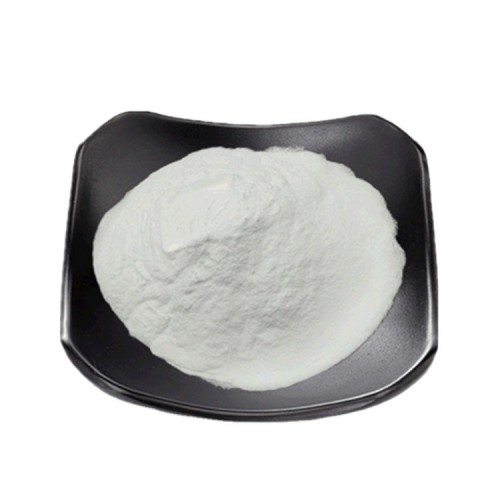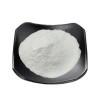



Zinc-L-carnosine, scientific name β- Alanyl-l-histidine is a kind of β- Dipeptide composed of alanine and L-histidine, crystalline solid. Muscle and brain tissues contain high concentrations of carnosine. Carnosine is a kind of carnitine, which was discovered by Russian chemist gulevich. Studies in Britain, South Korea, Russia and other countries have shown that carnosine has strong antioxidant capacity and is beneficial to human body. Carnosine has been shown to scavenge reactive oxygen species (ROS) and α-β Unsaturated aldehyde.
| Items | Specifications | Results |
| Appearance | White crystallized powder | Conforms |
| Odor | Odorless | Conforms |
| Specific rotation | +8° to + 9° | +8.6° |
| Lead | ≤2ppm | Conforms |
| Arsenic | ≤1ppm | Conforms |
| Cadmium | ≤1ppm | Conforms |
| Mercury | ≤0.1ppm | Conforms |
| Related substance | ≤1.0% | Conforms |
| Water | 5%max | 0.60% |
| Carnosine content | 76.0%~80% | 76.70% |
| Zinc content | 21.5%~23.0% | 22.20% |
| Particle size | 70% through 80 mesh | Conforms |
| Loose bulk density | --- | 0.42g/ml |
| Tap Density | --- | 0.62g./ml |
| Total aerobes counts | ≤1000cfu/g | <10cfu/g |
| Mold & Yeast | ≤300cfu/g | <10cfu/g |
| E.Coli | Negative | Negative |
| Colforms | Negative | Negative |
| Bacillus cereus | Negative | Negative |
| Salmonella | Negative | Negative |
| Assay (by HPLC) | ≥ 99% | 99.58% |
| Conclusion | Conforms with the standards | |